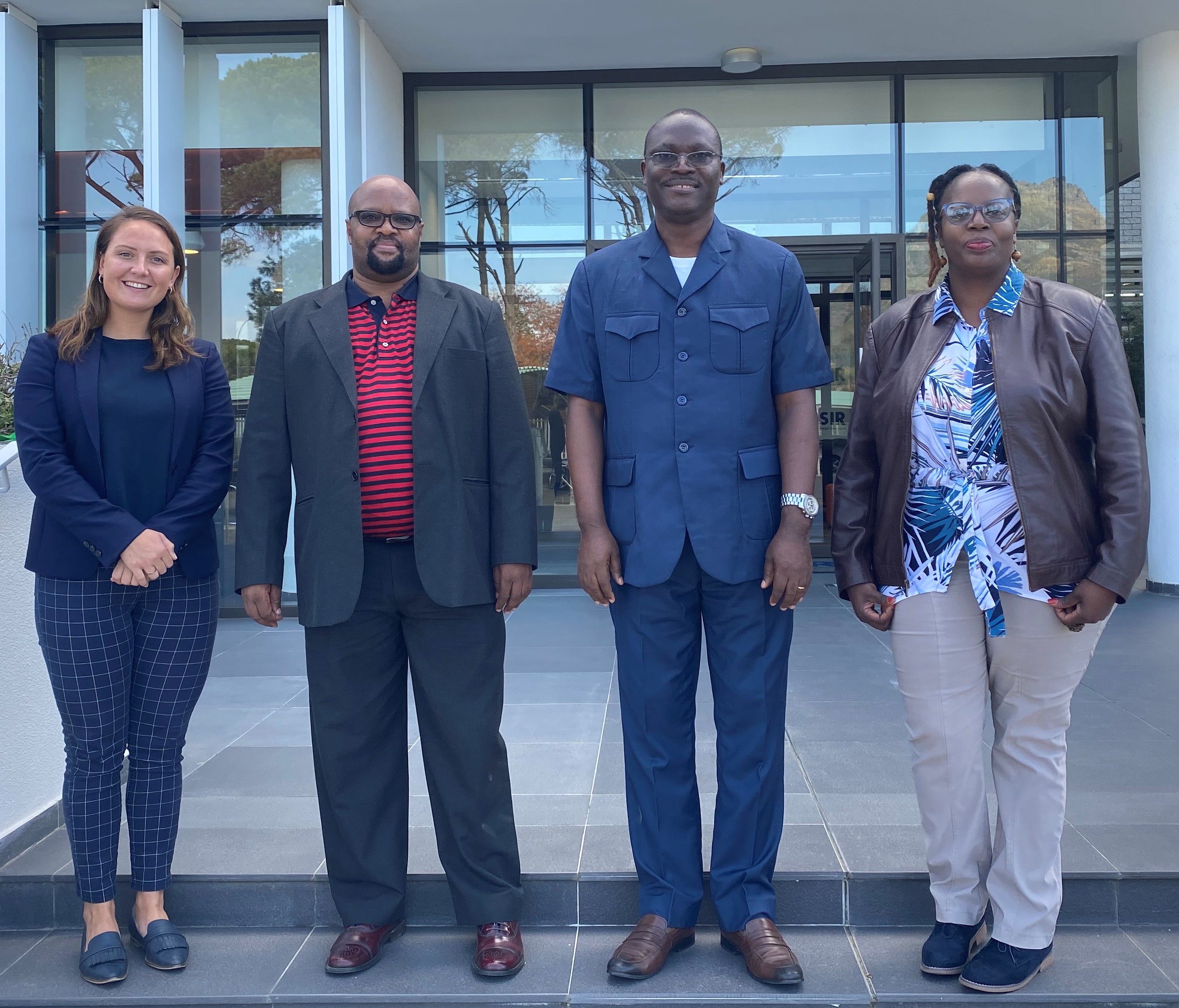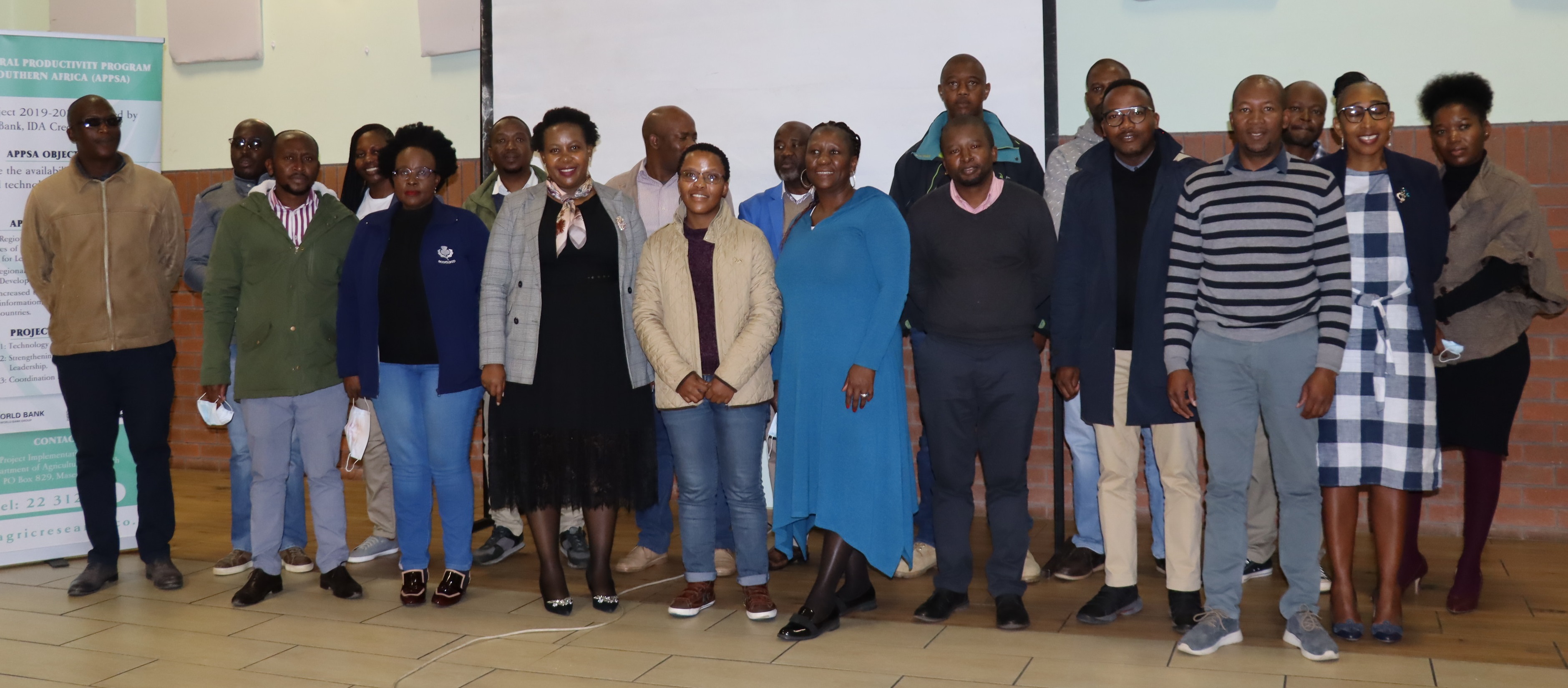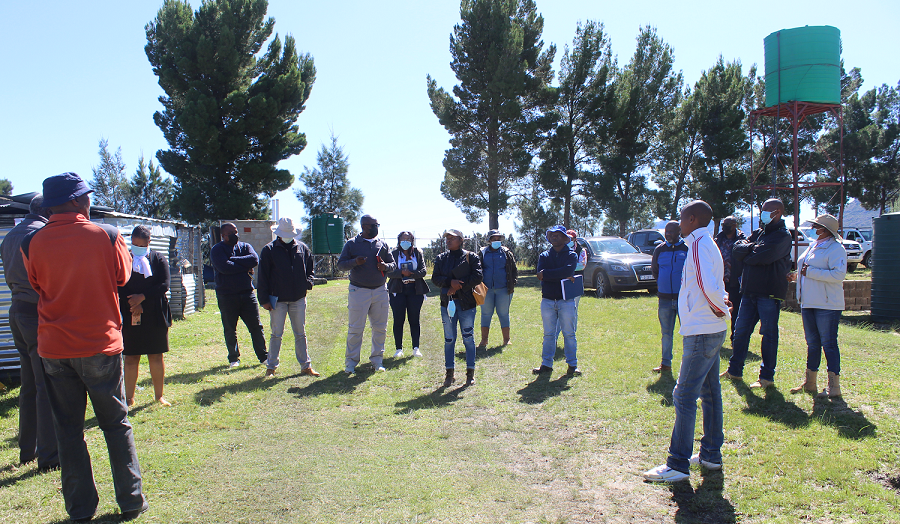Description/Abstract
The Fifth Assessment Report (AR5) from the Intergovernmental Panel on Climate Change (IPCC) is the most up-to-date, comprehensive and relevant analysis of our changing climate.
This document is the rst in a series that will synthesize the most pertinent ndings of AR5 for specic economicand business sectors. It serves as a basic primer explainingthe process of compiling AR5 and its signicance.
This summary, the rst in a series, was borne of the belief that businesses could make more use of AR5, which is long and highly technical, if it were distilled into accurate,accessible, timely, relevant and readable summaries.
Other business-orientated summaries will be released as the scientic information upon which they are basedbecomes publically available, expected late 2013 and 2014.
Citation
Climate Everyone’s business, 2013. European Climate Foundation, University of Cambridge’s Judge Business School (CJBS) and Programme for Sustainability Leadership (CPSL).








